By Church Leadership Center
February 15, 2016Do be do be do Leadership
To do is to be – Plato
To be is to do – Aristotle
To know is to be – Aquinas
Do be do be do – Frank Sinatra
The above are generally accepted and mostly unsubstantiated maxims.
The one quote that can be documented is Frank Sinatra’s “Do be do be do.” It is at the end of his song, “Strangers in the Night.” None of these are to be confused with the Romper Room enjoinder to “Do be a do be” or the Shel Silverstein poem, “Floobie Doobie Doo.”
The light-hearted use of the words “be” and “do” and “know” should not minimize the importance of these terms for leaders and educators. Each word has implications for the ways we facilitate our work with people.
The use of the words “be,” “do,” and “know” in leadership development has specific inferences for ways in which content (information), learning activities (methods), and even participants are treated. We use words like these for writing learning objectives which provide a direction for achieving outcomes or competencies. “Being” outcomes relate to character development. “Doing” outcomes describe activities or behaviors. And, “knowing” outcomes are referred to as content or cognitive objectives.
All three domains (being, knowing, and doing) are of importance, but all three cannot be done equally and at the same time.
Most of the curriculum planning for Church Leadership Center emphasizes a “doing” or activity approach. This is because we are focused on achieving ministry competencies. We are interested in training individuals to grow in their areas of spiritual service, i.e., in how they do ministry.
It is not that we minimize the value of knowing and being. Rather, we get at knowing and being by means of “doing” activities.
For example, from our perspective, you help someone learn how to teach a Bible class by having that individual do such things as teaching a class, interviewing an effective teacher, discussing teaching with a mentor, and, in the process, reading about teaching. If we were using a “knowing” approach, we might begin by asking learners to read about teaching and then ask them to make application on their own.
We also emphasize a “doing” approach in the orientation and evaluation of those who facilitate CLC courses. A Facilitator Self-Evaluation Form is completed at the end of each course. One of the questions asked is about the degree to which the CLC missional, incarnational, and transformational goals have been integrated into the course.
Actually, you can find Bible passages that support all three domains.
Among the passages that we emphasize for a “doing” approach are, “By their fruit you will recognize them” (Matthew 7:16) and “But be doers of the word and not hearers only” (James 1:22).
We affirm all who provide ministry education and leadership education. Most of these approaches emphasize the “knowing,” focusing on the transmission of information, typically referred to as an academic or academy-based model. Our approach differs. We seek to begin with doing activities that result in knowing and being.
Interested in learning more about our “doing” approach to leadership development? Check out our web site. Leave us a message. Sign-up for a courses. Or, give us a call.
—–
image source: https://www.flickr.com/photos/slightlyterrific/5386180059









